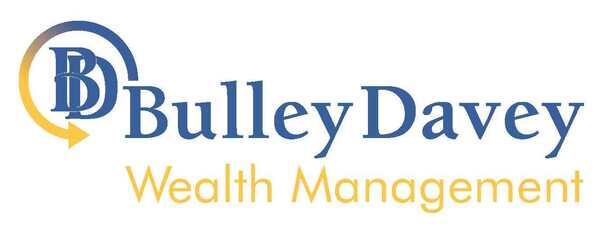It’s been a tough financial year. High inflation – peaking at just over 11% – has pushed the UK into recession, which the Office for Budget Responsibility (OBR) says will last throughout 2023.
What’s more, although inflation is expected to drop over the next few years, that doesn’t necessarily mean prices will drop – only the average rate of price increases.
So now is the time to think about smart solutions to make your cash go further. Here’s what you should be considering doing.
Maximise pension tax relief
To encourage saving for retirement, the Government pays tax relief on pension contributions, which means your pension provider can claim tax back from HMRC and add that amount to each contribution you make.
You receive tax relief at the highest rate of income tax you pay. So, if you’re a basic rate payer, you’ll get 20% tax relief. In other words, every pound you pay in essentially becomes £1.25 (because £1.25 taxed at 20% would become £1).
However, this tax relief will only be added to each contribution automatically for basic rate payers. Higher and additional rate taxpayers have to claim back their extra tax relief via their tax return.
Just make sure you don’t go over your annual allowance, which is either £40,000 or 100% of your relevant UK earnings (whichever is lower). If you do, you’ll not only miss out on tax relief on the excess, but will be subject to a tax charge.
Be especially cautious if you’re a company director – dividends don’t count as relevant UK earrings, so if you’ve taken out a small salary, you’re going to have a small annual allowance.
ISA top ups
ISAs offer great protection from income tax and capital gains tax, but only on the amount that is within your ISA allowance, which is currently £20,000.
You pay no income tax on the interest or dividends you receive from an ISA and any profits from investments are free of capital gains tax – anything over will be susceptible to tax.
However, the £20,000 is on a ‘use it or lose’ it basis; if you have £4,000 left to use, it won’t roll over into the next financial year, so use it while you can!
Give gifts
Make sure, too, that you’ve given as many gifts as you can to reduce the value of your estate. Inheritance tax is calculated at 40% of the value of your estate that is above certain thresholds. So, give assets during your lifetime as gifts, and you reduce a possible future tax burden on your loved ones.
Each tax year, you can give away £3,000 worth of gifts without them being added to the value of your estate – but certain rules apply, so talk to us for guidance.
Tax allowances
In the Autumn Statement, the Government revealed that some tax allowances would be frozen for longer than anticipated. Others will be reduced from April 2023, so you should take advantage of them while they are as beneficial to taxpayers as they are right now.
The first is the capital gains tax allowance, which will decrease from £12,300 to £6,000. The second is the dividends tax allowance, which will be halved from £2,000 to £1,000.
Just like the ISA allowance, personal tax allowances generally cannot be carried over to the next financial year – so use it before you lose it.
Talk to us for more financial planning advice.
